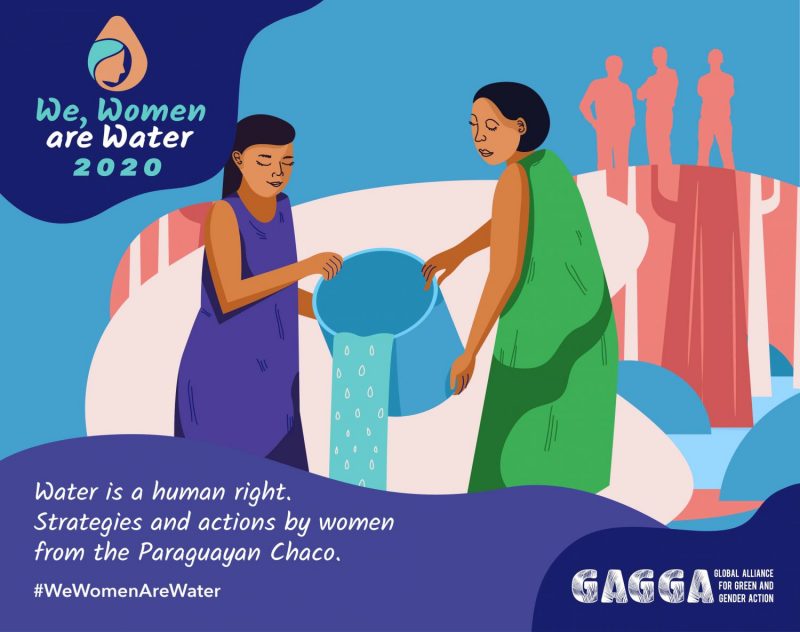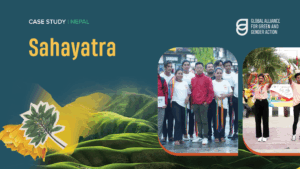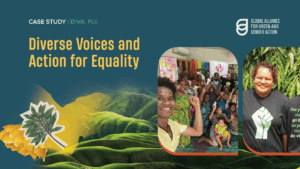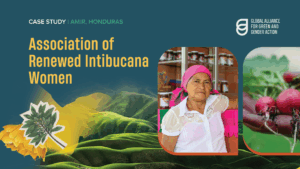We, Women are Water 2020: OMMI provides safe water in the Paraguayan Chaco

The Paraguayan Chaco (the western region of Paraguay) has a semi-arid climate which, aggravated by climate change, has long periods of drought from June to December in which evaporation exceeds rainfall. The only source of water for the indigenous communities of the region during this season are the “tajamares,” reservoirs formed from excavations in non-permeable land. However, water consumption and production is still limited because as the water continues to evaporate the volume available from the reservoir greatly reduces.
Water scarcity is the biggest problem facing the Enxet Sur communities. Women and girls walk up to five kilometers to the nearest tajamar, spending up to 3 hours a day fetching water. The only water that’s left in the reservoir is dirty and unsafe for human consumption, but it’s all that’s available.
The women environmental defenders of the Organización de Mujeres Mismo Indígena (Organization of Indigenous Women or OMMI), within the framework of the GAGGA alliance, are building eight tanks of 16,000 liters each for collection and storage of rainwater. This will impact the quality of life of 1,300 people, generating sources of safe water for their families. OMMI is carrying this out in partnership with local and regional, public and private actors, aiming to promote communities using their own means to solve the problems they’re facing. The organization also aims to influence the local government to take measures in facilitating access to safe water.
In this context, the Inter-institutional Water Board was created in 2019. It is made up of non-governmental organizations, local government and international networks – such as the Plataforma Semiáridos which is a platform of organizations from semi-arid zones in Latin America, and the Programa SEDCERO zero thirst program.
Access to safe water is a human right recognized by the Paraguayan government and is linked to other rights such as the right to health, adequate food, and education, among others. Women and girls are particularly affected by water scarcity. The women environmental defenders of OMMI are raising demands with local and national governments to comply with their commitments related to access to safe, clean water.
Copyright © 2020 GAGGA. Image may not be copied, printed, edited or otherwise disseminated for commercial use without express written permission of GAGGA. The use of this image in its original form is otherwise allowed if credit is provided to GAGGA.
Read more






